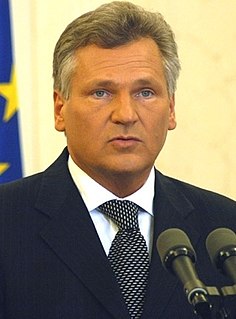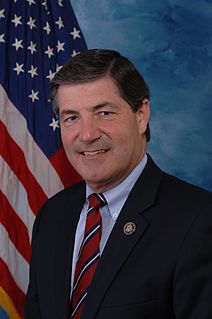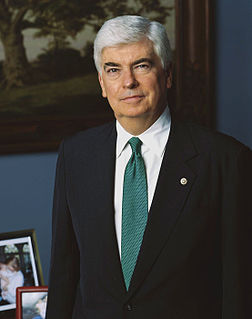A Quote by Richard Engel
The U.S. presence and American missteps made ethnic violence in Iraq far worse than it would have been otherwise after Saddam Saddam Hussein's fall.
Related Quotes
When the United States invaded Iraq, a New York Times/CBS News survey estimated that 42 percent of the American public believed that Saddam Hussein was directly responsible for the September 11 attacks on the World Trade Center and the Pentagon. And an ABC news poll said that 55 percent of Americans believed that Saddam Hussein directly supported al-Qaeda. None of this opinion is based on evidence (because there isn’t any).
The administration took care of a source of instability in Iraq. Envision a world in which Saddam Hussein was rushing for a nuclear weapon to compete against Iran. My decision to remove Saddam Hussein was the correct decision in my judgment. We didn't find the weapons we thought we would find or the weapons everybody thought he had. But he was a significant source of instability.
There is no question that Iraq possesses biological and chemical weapons and that he [Saddam Hussein] seeks to acquire additional weapons of mass destruction, including nuclear weapons. That is not in debate. I also agree with President Bush that Saddam Hussein is a threat to peace and must be disarmed, to quote President Bush directly.






























